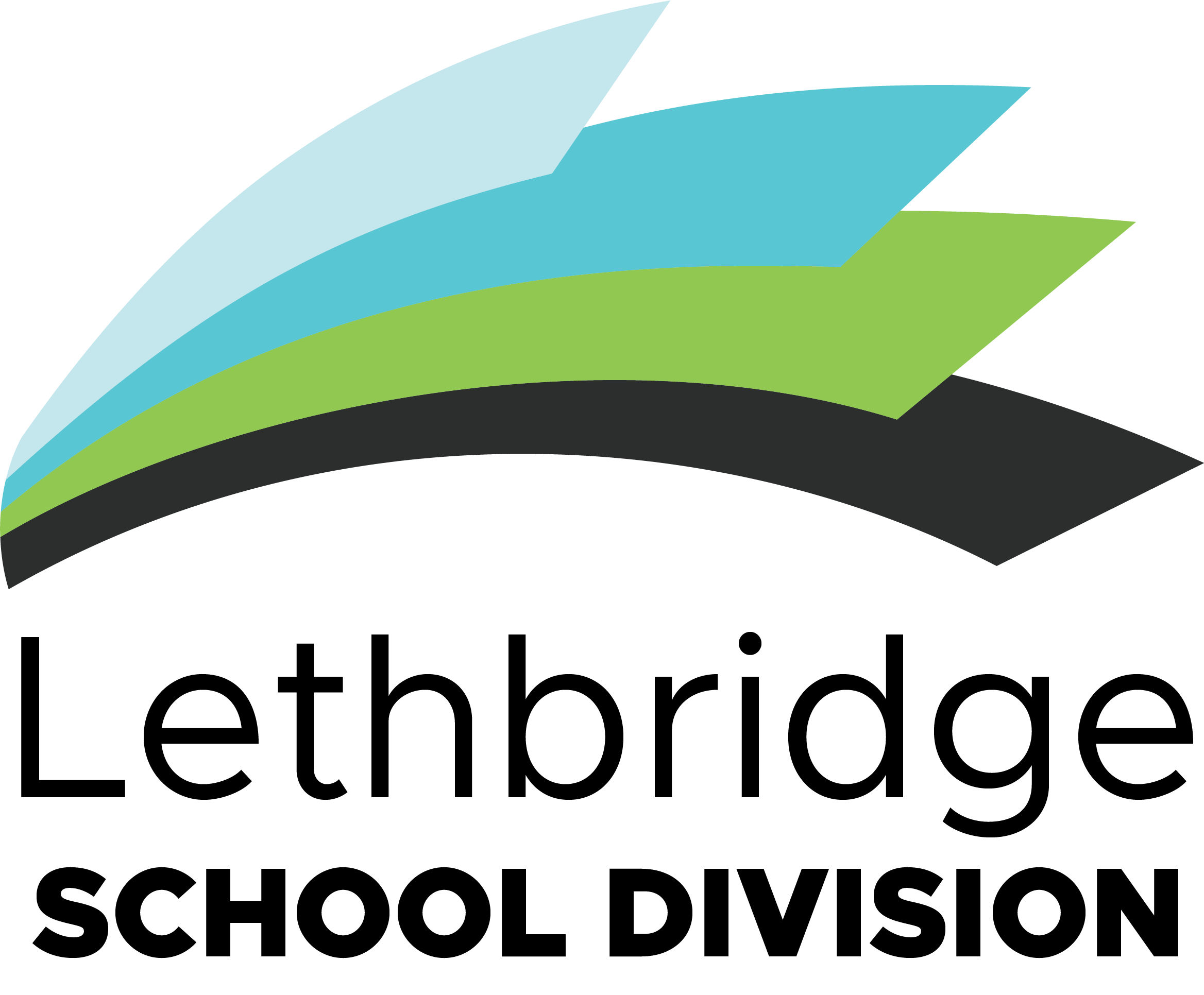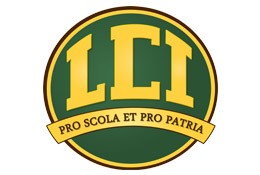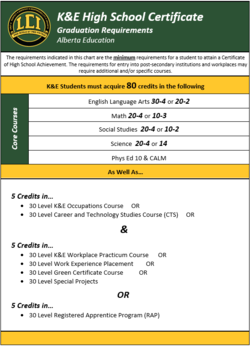Knowledge and Employability courses have been designed to meet the educational needs of students who learn best when the focus is on the development and application of reading, writing, mathematical literacy and essential employability skills; when experiential learning activities are provided; and when meaningful connections are made between schooling and personal experiences. Knowledge and Employability courses promote cross-curricular, community and workplace connections and ICT and Learner Pathway outcomes. Knowledge and Employability courses align with the mainstream programs of study and follow very similar learning outcomes, but with an emphasis on gaining interpersonal and workplace skills. All Knowledge and Employability courses promote academic and occupational skills that include career development and building a ones resume for the world of work.
Like all learners, students who are enrolled in Knowledge and Employability courses have their strengths and diverse learning needs. Alberta Education has set out specific enrollment criteria and possible learning indicators to assist in determining the appropriateness of Knowledge and Employability courses for individual Alberta students. Knowledge and Employability courses are available to students in grades 8 through 12 who meet a given jurisdiction’s suggested enrollment criteria. The courses provide students with opportunities to experience success and become well-prepared for employment, further post-secondary studies, engaged citizenship, and life-long learning. The attitudes, skills, knowledge, and workplace competencies found within the various core and occupational Knowledge and Employability courses are aligned with other grade-level programs of study. They are intended to maximize opportunities for student success and to support high school completion.
Knowledge and Employability courses assist students in:
- transitioning from school to the workplace and community
- preparing for ethical citizenship
- gaining recognition, respect, and value from employers
- attaining access to continuing education opportunities Knowledge and Employability courses also promote student skills, abilities, and work ethics, including
- academic and occupational skills of a standard determined by the workplace to be necessary for success
- practical applications through on- and off-campus experiences and/or community partnerships
- career development skills, including career exploration and the development of a career-focused portfolio
- interpersonal skills that support the development of respect and cooperation


